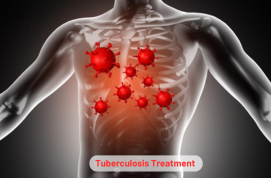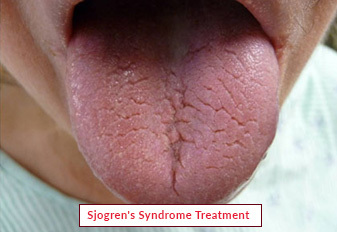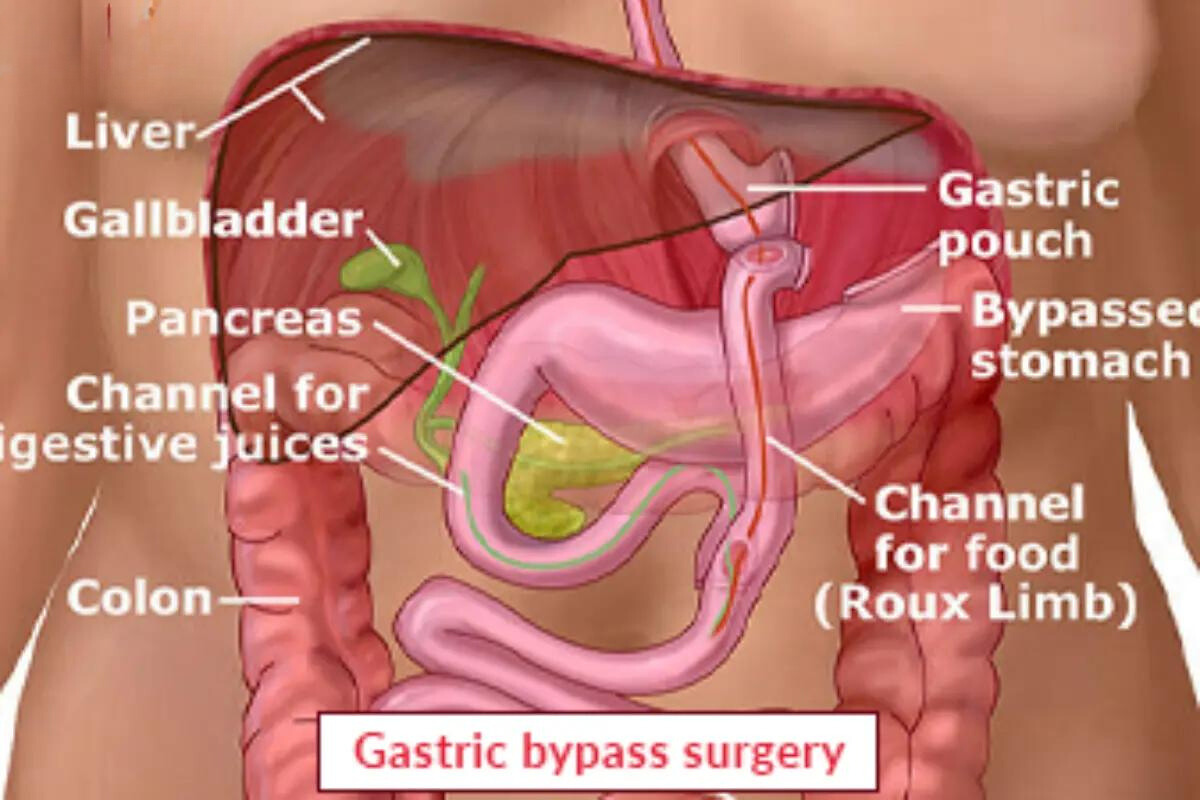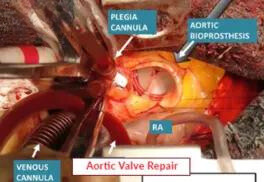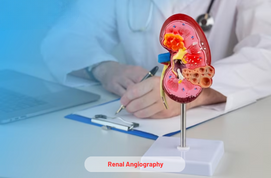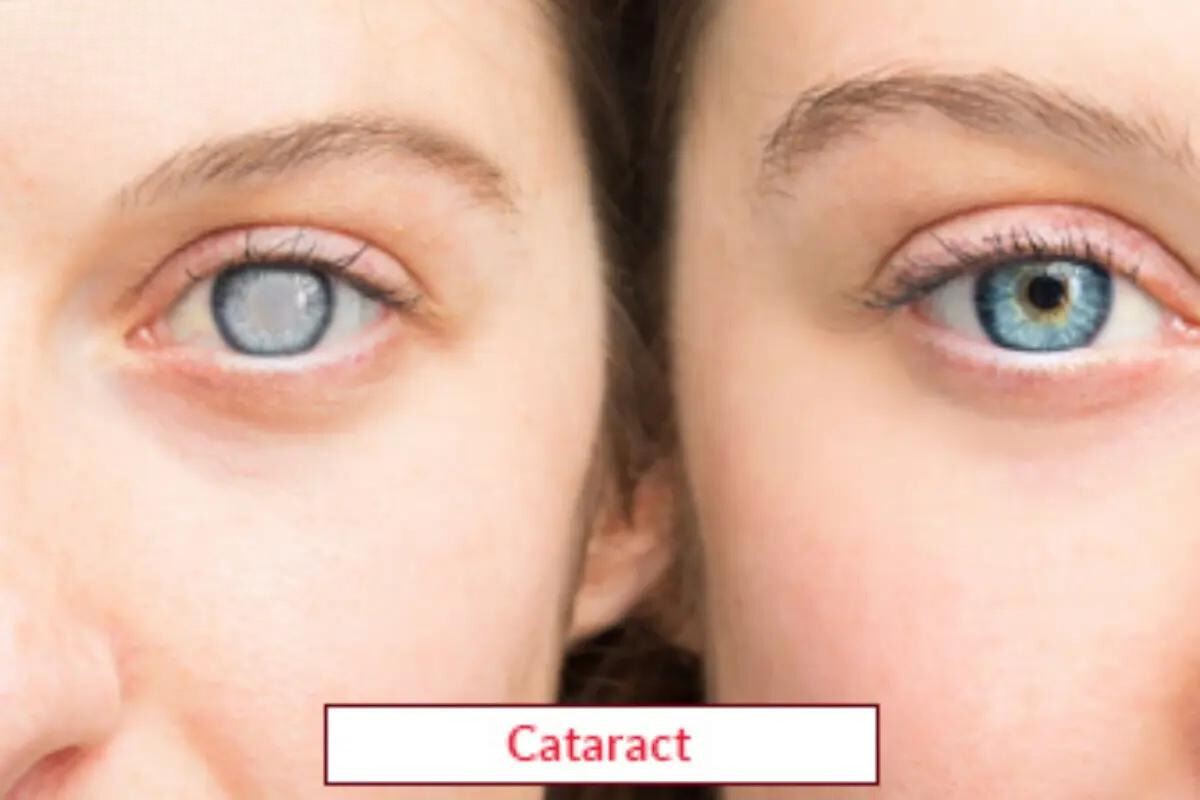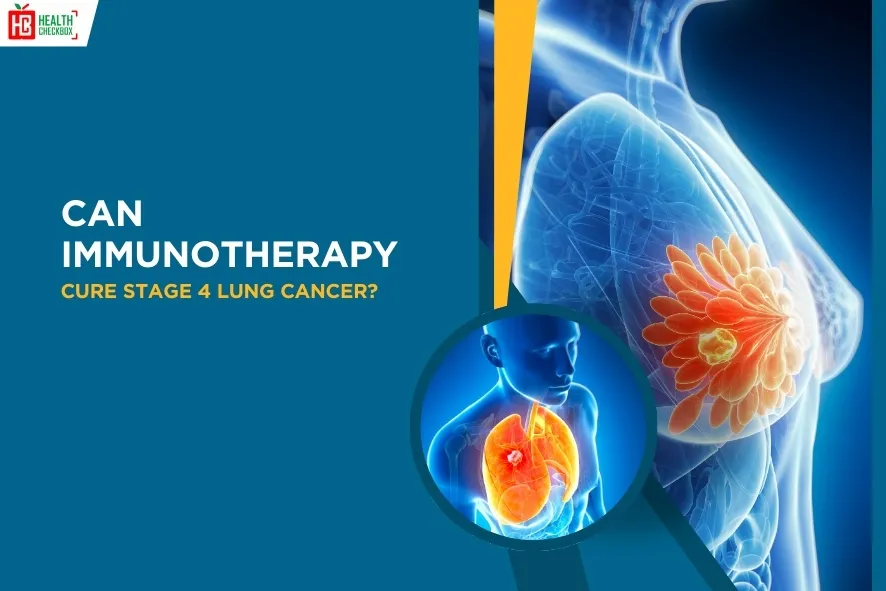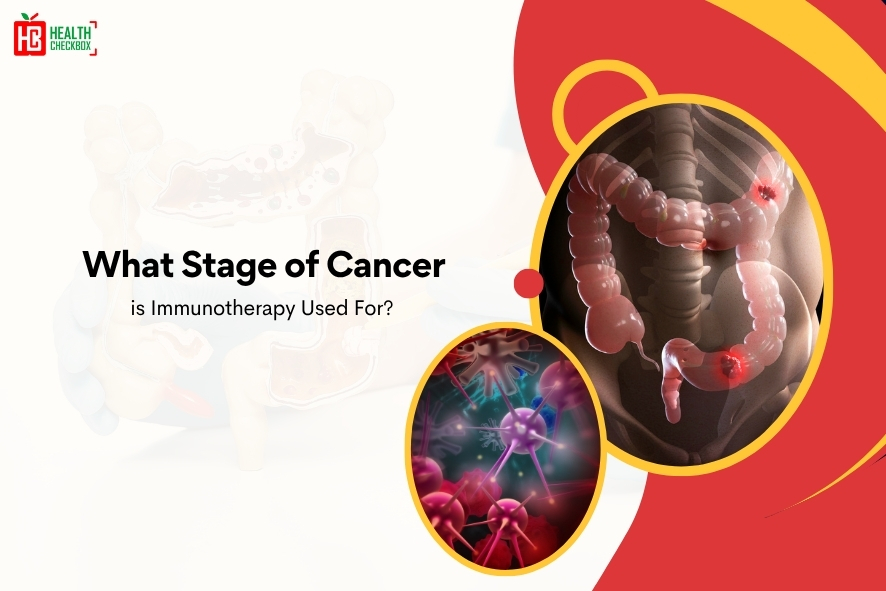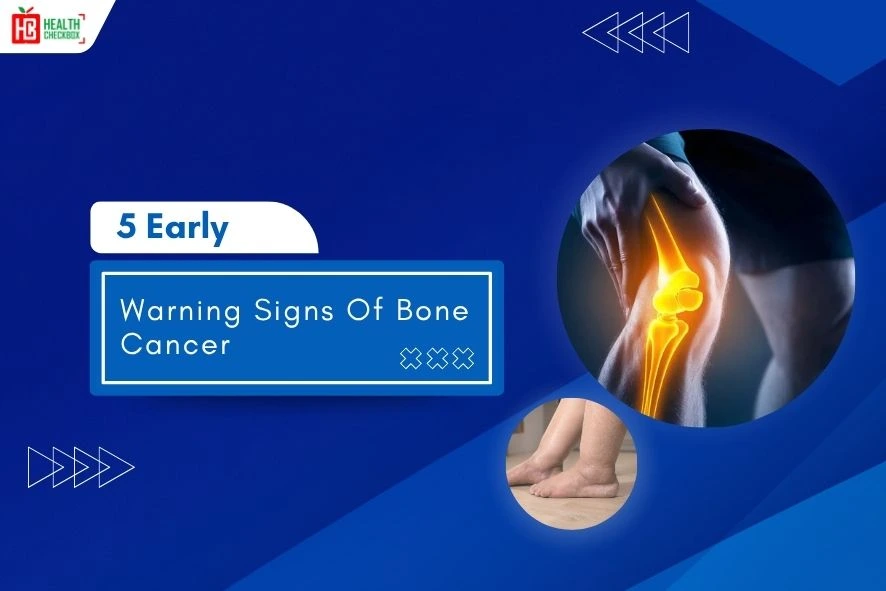Around 6 to 8 million people are affected by Crohn’s disease. Different combinations of medicines, tablets, immunosuppressants, and biologics are the treatment options that can be carried out for optimum results. Crohn’s disease treatment and early diagnosis help reduce the signs and symptoms associated with the disease. Any part of the digestive system, principally the small intestine, may become inflamed due to this chronic illness, which results in:
- Abdominal pain
- Loss in weight
- Malnutrition
- Severe diarrhea
Once the infection reaches deep down into the lower intestine, severe pain and fatal complications are likely to occur. A lessening in symptoms and an overall improvement in the normal quality of life are the ultimate goals of this treatment.
Causes of Crohn’s Disease
- Family History: A history of Crohn’s disease in the family.
- Consumption of Tobacco Products: Cigarette smoking can greatly influence the development of this disease.
- Immune System that is Weak: Viruses are more conspicuous in those with weak immune systems. It may have a detrimental effect on the gastrointestinal system, resulting in inflammation that may cause gas, constipation, or recurrent diarrhea.
Symptoms of Crohn’s Disease
- Abdominal cramps
- Blood in stool
- Feeling of tiredness
- Diarrhea
- Fever
- Loss of weight and decrease in appetite
- Mouth sores
- Rectal bleeding
Symptoms beyond the intestinal tract can also be noticed, such as redness of the skin, eyes, joints, kidney stones, delay in the growth in children.
Risk Factors Associated with Crohn’s Disease
- Smoking: This is considered a highly potent factor that develops the symptoms of the disease.
- Age: Thirty years and below are the most preferred individuals who are susceptible to this illness.
- Nonsteroidal Anti-Inflammatory Drugs: With the uncontrolled use of ibuprofen, naproxen sodium, and diclofenac sodium the risk of bowel infection increases is more rapid.
Diagnosis for Crohn’s Disease Treatment
- Blood Test: To identify if the disease is critical or anemia is present in the blood cells. This test also checks the inflammation, liver function, or any signs for tuberculosis.
- Stool Test: A sample of the stool is analyzed for bacteria that may cause an infection or rare parasites that may be visible. The causes for diarrhea and its symptoms may also be looked for.
- Biopsy: During this procedure, the doctor is able to remove small pieces of the patient’s bowel to look for signs of the disease.
- Colonoscopy: In this procedure, a sample tissue is collected and sent to the lab for analysis. A collection of inflammatory cells known as granulomas may indicate a diagnosis of the disease. The patient needs to:
- Avoid the intake of solid food for a day or two
- Avoid any liquid food the night before the procedure
- Follow the doctor’s guidelines on how to clean their bowel.
- Barium enema X-ray, which shows the inside of the bowel.
- CT Scan: A detailed X-ray that provides more details about the bowel and also the tissues within the bowel.
Crohn’s Disease Treatment
- Medicine Therapy: To effectively come through and avoid gastrointestinal tract irritation, use anti-inflammatory medications such as corticosteroids and biologics. These medications help to prevent Crohn’s disease and decrease its symptoms.
- Nutritional Support: To address nutrient deficits and promote root canal healing, use nutritional therapies such as enteral nutrients or specialty liquid diets. Parenteral vitamins alone may be utilized as the main treatment in certain cases, particularly in children.
- Surgery Arising out of Complications: Surgery can improve general fitness and quality of life, remove the damaged pancreatic section, or address problems.
- Surveillance & Monitoring: Regularly keeping an eye on illness activities by imaging studies, endoscopic examinations, laboratory testing, and scientific examinations helps to regulate this condition. This makes it possible to identify flare-ups or headaches early and to adjust the treatment strategy in a timely manner.
- A Versatile Approach: To provide an all-inclusive care, a multidisciplinary team that comprises:
- Gastroenterologists
- Dietitians
- Surgeons
- Other medical specialists can be considered.
Complications that are likely to arise due to Crohn’s Disease
- Obstruction in the bowels
- Ulcers
- Anal fissure
- Fistula
- Malnutrition
- Colon cancer
- Redness of the liver or bile ducts.
- Inflammation of skin, eyes, and joints.
- Besides the above, diseases such as anemia, skin disorders, osteoporosis, and liver disease.
- A held up growth or sexual development, in children.
How can you Defend Yourself Against Crohn’s Disease?
- A low-fat diet that is rich in green vegetables and includes fruits.
- Ample amount of water to be taken daily.
- Tobacco products and alcohol consumption should be minimum.
- Exercising regularly to keep the body in perfect shape.
Latest Health Tips
Can Immunotherapy Cure Stage 4 Lung Cancer?
Early Signs of Cervical Cancer
Foods that Kill Cancer: Leafy Vegetables, Grains, & More
What Stage of Cancer is Immunotherapy Used For?
Which is Worse for Cancer, Sugar or Alcohol?
Vaccines That Prevent Cancer
What Kills Cancer Cells in the Body Naturally?
Early Warning Signs of Bone Cancer
Submit Your Enquiry
Testimonials









